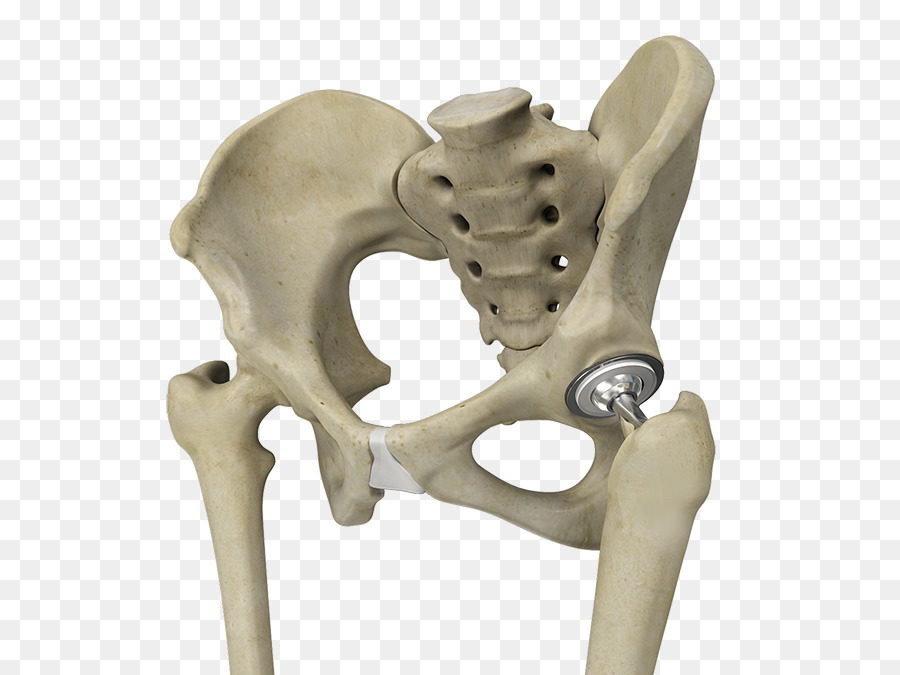
Surgery is typically a last resort for orthopedists and patients when dealing with pain and discomfort. However, when non-operative treatments fail to produce results, surgery offers a solution.In the case of severe hip arthritis, a debilitating and painful condition, total hip replacement surgery is a procedure that yields short- and long-term relief for a patient’s pain. Hip replacement surgery is very successful and does not typically result in complications.Below is an overview of what you can expect from the surgery itself and during the recovery process.
If you are looking through surgical treatments for hip injuries, remember to do your research well and go for the best in town. This will ensure a smooth surgery and better recovery when there is fewer complications.
Treatment
In surgery, the arthritic hip is removed or resurfaced. A metal and plastic prosthesis is then inserted, providing the hip with normal hip functionality while potentially correcting any leg length inequality and restoring motion. The prosthesis is sometimes fixated to the bone with cement, which penetrates the acetabulum and the femur. However, a surgeon more often uses uncemented components with roughened surfaces, which will also fixate the prosthesis to the bone. Both methods have proven to be effective.

You can expect to stay in a hospital anywhere from two to three days after hip replacement surgery. Relief from the pain of arthritis will often be felt within the first week or two.Complications from this surgery are rare, with a probability of less than 5% for a patient’s first surgery. If you don’t want to get a hip replacement done, consider hip resurfacing services at Dr. Slattery.
Recovery
When recovering from hip replacement surgery, you should expect to undergo physical therapy to recover strength and functionality. In the first four to eight weeks, many patients use a walker, crutches, or a cane while recovering. However, you can expect to return to a normal lifestyle within three to six months.
Immediately after surgery, one of the most important aspects of care and recovery is keeping your incision clean and dry until you have your suture or staples removed. These are typically removed a week or two after surgery.In the first twelve weeks of recovery, you should take certain precautions to avoid compromising the recovery process. Avoid excessive flexion of your hip, be careful when rising to a standing position, get in and out of a car, and avoid aggressive activities like considerable lifting or stair climbing.
An exercise program, including general conditioning of your leg, is usually recommended.Hip replacement surgery is a valuable surgery for those suffering from the extreme pain of hip arthritis. It provides immediate and long-lasting pain relief – a combination that makes it a go-to procedure when non-operative treatments have run their course. A hip surgeon can also help those who have been injured. Suppose you have pain or a reduced activity level due to an injury you suffered while playing sports or being involved in an automobile accident. In that case, an experienced medical professional may be able to help you. He or she can evaluate your current situation and make recommendations that may or may not include surgery based on theirassessment of your current state.
Injuries can have long-lasting effects that can involve long-term chronic pain that makes it hard to go about your day, but a medical specialist may be able to help you.